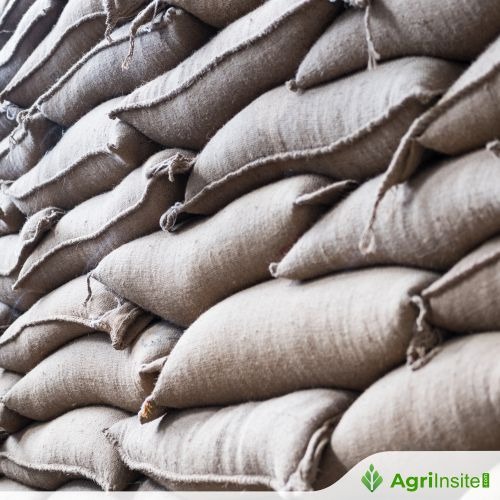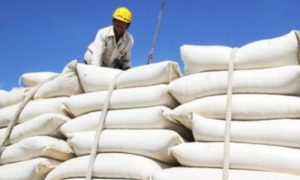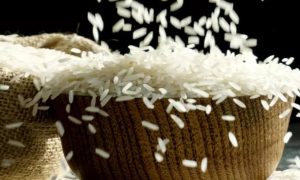Rice imports up over 2,900pc in 9 months

the government scrambled to replenish reserves and stabilize prices after flood-driven crop damage. Despite expectations of a bumper Boro harvest, persistent high retail prices point to possible distribution inefficiencies and hoarding, say economists. The government raised procurement prices and plans to buy 1.75 million tonnes domestically.
Bangladesh’s rice imports soared further during the first nine months of the current fiscal year as the government scrambled to replenish food reserves and stabilise markets in the wake of higher inflationary pressure on the economy.
Rice imports jumped over 2,900 per cent year-on-year to US$492.4 million in the July-March period of the FY2024-25-compared to just $16.4 million during the same period a year earlier, according to latest data from the Bangladesh Bank (BB).
During eight months up to February, imports went up 2051 per cent to $286.1 million over the same period a year earlier, according to BB report.
Officials at the Department of Food told the FE that the government significantly increased imports to mitigate the risk of food shortages and contain retail price volatility following three successive rounds of floods that ravaged major rice-growing regions.
“There were three rounds of flooding last year that severely impacted rice production,” a senior food official said on Thursday, requesting anonymity.
“To prevent any supply shock or price surge at the consumer level, we reinforced public food stocks through increased imports. But the retail market showed upward price trend of the staple since January last.”
The most destructive flood occurred in August 2024, inundating 11 districts in the eastern region-including Feni, Noakhali, Lakshmipur, and Cumilla.
Disaster management data shows the floods affected some 5.8 million people and displaced more than half a million, causing extensive damage to standing Aman and early Boro crops.
Despite these setbacks, the government remains optimistic about domestic output in the ongoing Boro season-the largest rice crop of the year.
Officials expect a bumper Boro harvest at 22.6 million tonnes in FY2024-25, with planting expected to be completed by mid-May.
The Department of Food officials said that the government aims to maintain a healthy stock to prevent volatility of the rice market.
In the meantime to strengthen the stock, the procurement price of Boro paddy has been revised at Tk36 per kilogramme, up from Tk32 last year.
Similarly, the rice-procurement price has been fixed at Tk49 a kg, compared to Tk45 a year before.
The government plans to buy 350,000 tonnes of Boro paddy and 1.4 million tonnes of rice with a twin objective of bolstering public stockpiles and price support to farmers.
The government typically maintains at least 1.0 million tonnes in reserve to support open-market sales, social-safety-net programmes, and emergency relief efforts. Economists said the government spending for procurement form international sources may be reduced as Boro harvest is expected to be bumper this year.
They also said government’s proactive imports have cushioned the impact of domestic crop losses at the cost of hard-earned foreign- exchange reserves, the persistent high retail prices suggest inefficiencies in the distribution system and possible hoarding.
To Read more about Rice News continue reading Agriinsite.com
Source : The Financial Express














